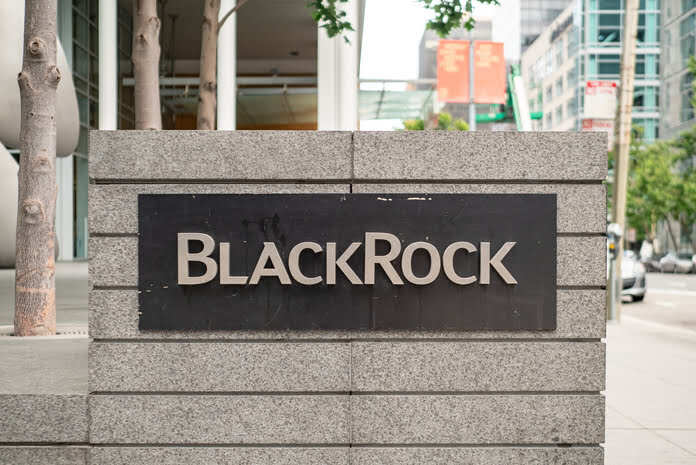Coinbase Stock Declines as Court Allows SEC Lawsuit to Proceed

Coinbase’s Chief Legal Officer, Paul Grewal, affirmed the exchange’s readiness for the ongoing legal battle with the US Securities and Exchange Commission (SEC) after a court ruling allowed the case to move forward.
In a post on the social media platform X, Grewal stated that Coinbase had anticipated the court’s decision, following Judge Katherine Polk Failla’s ruling that the SEC had “sufficiently pleaded” its case against the leading US-based crypto trading platform.
Following this development, Coinbase shares experienced a decline of over 3% to $260, as reported by Yahoo Finance data.
Grewal emphasized Coinbase’s preparedness for the legal proceedings, noting the court’s decision to allow most of the SEC’s claims to proceed while dismissing claims against Coinbase Wallet. He conveyed the company’s eagerness to gain further insight into the SEC’s internal viewpoints and dialogues concerning cryptocurrency regulation.
Last year, the SEC filed a lawsuit against Coinbase, accusing the company of breaching federal securities laws in connection with the trading of at least 13 cryptocurrency securities tokens.
Despite the ruling, some within the crypto community have downplayed its significance, with one member describing it as a “nothing-burger.” Fox Business journalist Eleanor Terret echoed this sentiment, stating that the SEC had a low bar to secure a favorable ruling and that it was expected for Coinbase to have the opportunity to defend its case in court, similar to the ongoing legal battle involving Ripple.
Featured Image: Megapixl




